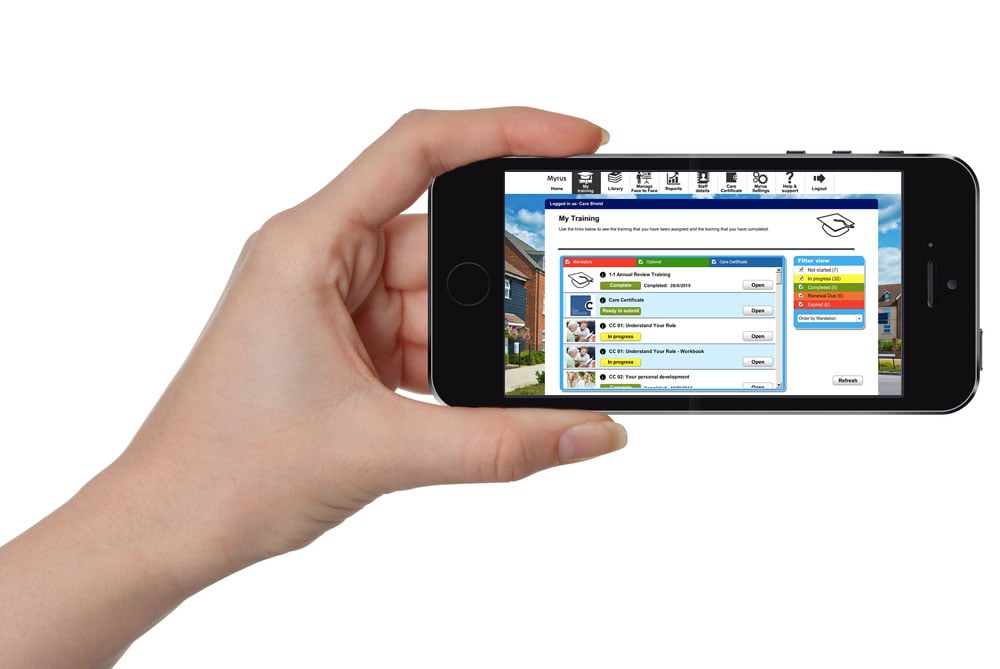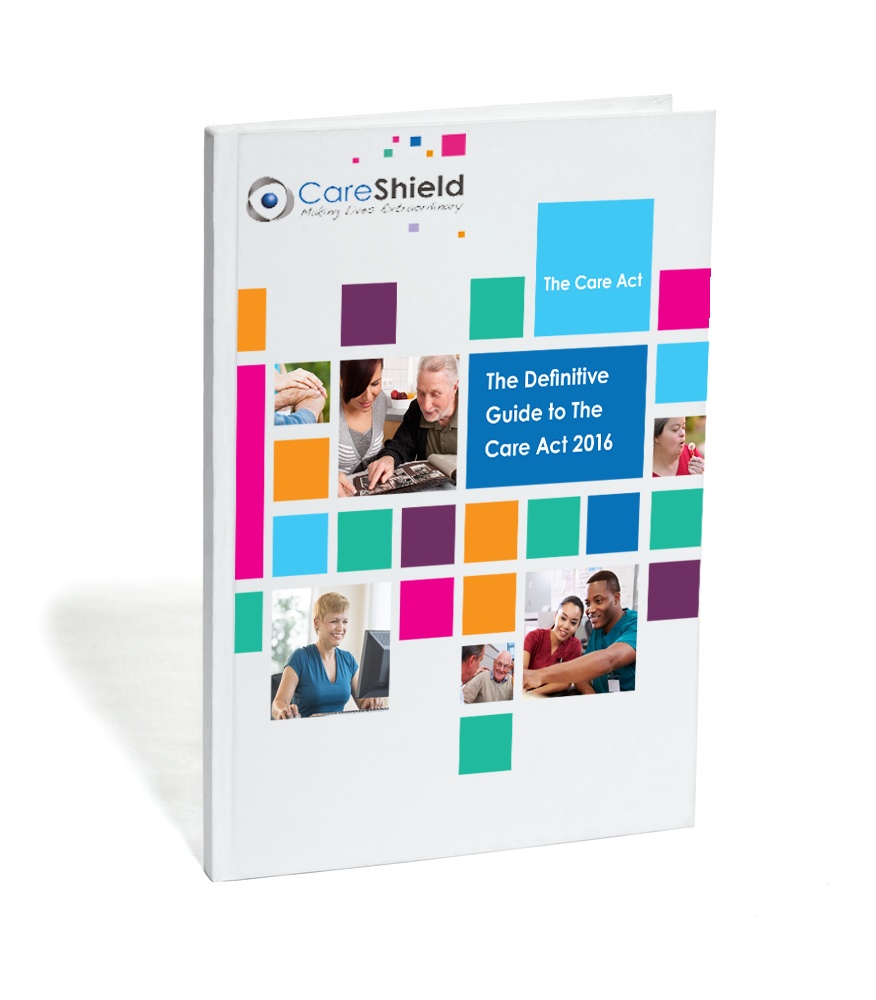If there was one stand out issue to be tackled within the care sector it would be resident safety, it has always been at the forefront of discussions and the standout subject for the CQC . A consequence of this has seen questions raised on the quality of staff training and what method is best for delivering this?
The care sector is constantly evolving and trying to modernise its way at delivering training for its staff, and eLearning offers an effective and high quality alternative to traditional methods. The great thing about quality eLearning software is that it does all the course assessment, reporting and monitoring so that you don’t have to, therefore acting as a full management system.
CareShield delivers this with a piece of software called Myrus. Myrus provides a complete management tool to take care of all your eLearning and blended learning needs, including course completion, competency assessment and programme management, therefore reducing time spent on administration.













